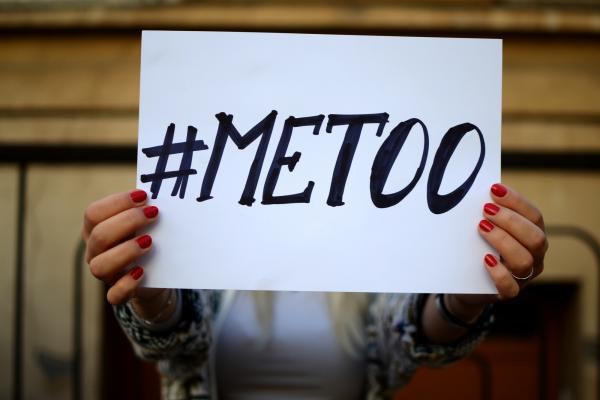In the wake of more than 40 women accusing film producer Harvey Weinstein of sexual assault, the hashtag #metoo trended over the weekend as people shared personal stories of sexual harassment and assault.
While the hashtag went viral when actress Alyssa Milano posted a tweet proposing that women who have been sexually assaulted or harrased respond with "me too," the movement first began over 10 years ago with Girls for Gender Equity's program director, Tarana Burke, according to CNN.
Regarding the origins of the "me too" movement, Burke recounts a time in 1996 when, while she was working as a youth camp director, a young girl opened up about being sexually assaulted by her mother's boyfriend.
On the Just Be site, Burke wrote:
I was horrified by her words, the emotions welling inside of me ran the gamut, and I listened until I literally could not take it anymore…which turned out to be less than 5 minutes. Then, right in the middle of her sharing her pain with me, I cut her off and immediately directed her to another female counselor who could “help her better.”
I will never forget the look on her face.
I will never forget the look because I think about her all of the time. The shock of being rejected, the pain of opening a wound only to have it abruptly forced closed again - it was all on her face ... I could not muster the energy to tell her that I understood, that I connected, that I could feel her pain. I couldn't help her release her shame, or impress upon her that nothing that happened to her was her fault. I could not find the strength to say out loud the words that were ringing in my head over and over again as she tried to tell me what she had endured… I watched her walk away from me as she tried to recapture her secrets and tuck them back into their hiding place. I watched her put her mask back on and go back into the world like she was all alone and I couldn’t even bring myself to whisper…me too.
It was the heartbreaking beginning of a rapidly growing movement to empathize and bring healing for survivors of gender-based violence.
Burke says, "On one side, it's a bold declarative statement that 'I'm not ashamed' and 'I'm not alone.' On the other side, it's a statement from survivor to survivor that says 'I see you, I hear you, I understand you and I'm here for you or I get it.'"
Read more here.
Got something to say about what you're reading? We value your feedback!






